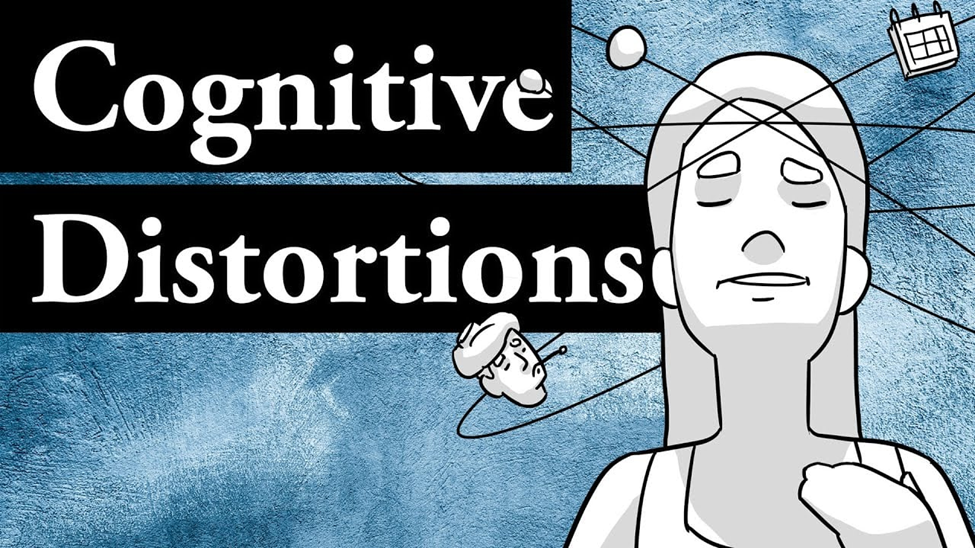
Island Minds: The Caribbean Context
The Caribbean, with its rich tapestry of history, culture, and diversity, faces unique challenges that fertilize the ground for cognitive distortions. Historical colonization, socio-economic disparities, and the constant threat of natural disasters shape a context where negative thinking patterns can easily take root. From catastrophizing the impact of the next hurricane to overgeneralizing a community’s struggles, these mental traps are a silent epidemic affecting countless Caribbean lives.
The Ripple Effect: Understanding the Harm
Cognitive distortions do not merely lie dormant in the recesses of our minds; they ripple outward, affecting mental health, relationships, and even community resilience. Catastrophizing can lead to paralyzing fear or anxiety, while overgeneralization might foster a culture of hopelessness. Personalization can burden individuals with undue guilt or responsibility for uncontrollable events, and mental filtering may blind people to the positive strides being made in their lives and communities. Recognizing these distortions is crucial to addressing the wide-reaching harm they cause.
Charting a New Course: Breaking the Cycle
The journey to mental wellness requires breaking the cycle of cognitive distortions. This begins with awareness—identifying and understanding these harmful patterns. In the Caribbean, where community and kinship hold significant sway, communal efforts can play a pivotal role in this awareness. Education and open discussions about mental health, framed in culturally resonant narratives, can destigmatize these experiences, fostering a supportive environment for change.
Steps on the Sand: Practical Strategies for Overcoming
To navigate away from the distortions that cloud the mind, practical, actionable steps are essential. Cognitive-behavioral strategies, tailored to the Caribbean context, can empower individuals to question and reframe negative thoughts. Community-based mental health programs can provide the tools and support needed for this journey. Additionally, integrating traditional support systems with professional resources can offer a holistic approach to healing, blending the wisdom of the past with contemporary psychological understanding.
Conclusion: Towards a Brighter Horizon
The battle against cognitive distortions in the Caribbean is both deeply personal and profoundly communal. It is a journey from the shadows of distorted thinking into the light of mental clarity and wellness. By confronting these challenges head-on, with empathy, education, and actionable strategies, the Caribbean can forge a path to a future where mental health is not just a dream but a tangible reality. Together, we can navigate the labyrinth of the mind, emerging stronger and more resilient on the other side.
Contribution by Devi
